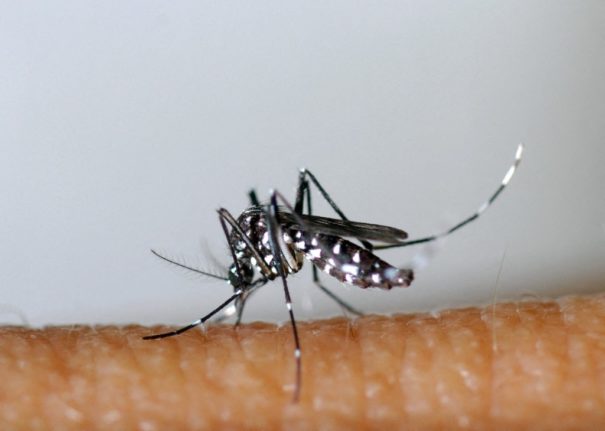If you’ve ever watched an episode of Cuéntame cómo pasó (‘Remember When’), better known as Cuéntame, you’ve taken a big step to integrate in Spain, as it’s perhaps the most quintessential Spanish prime time TV show ever.
The series charts the tumultuous modern history of Spain through the lives of the Alcántaras, a working-class Spanish family. It ran for 22 years (23 seasons, 413 episodes) before its grand finale last year.
Every Wednesday, millions of Spaniards tuned in to watch Cuéntame on La 1; and the series’ stars Imanol Arias and Ana Duato are household names here.
So it was perhaps (or perhaps not) a surprise for their fans to see them stand before a judge this week accused of evading millions of euros in tax.
“I want to stop being part of this cast, the sooner the better,” Arias told the judge before pleading guilty to five charges and agreeing to pay back more than €2 million owed in tax as well as a penalty.
He, as so often happens to high-profile offenders with no previous misdemeanours in Spain, will not actually end up behind bars despite being handed a 26-month jail sentence.
Accedemos, EN EXCLUSIVA, a las declaraciones de Imanol Arias y Ana Duato ante el juez por un presunto delito de fraude fiscal
“El Asesor de las Estrellas”
Esta noche || 22.30h || @laSextaTV pic.twitter.com/qLOZYcItX8— Equipo de Investigación (@EqInvestigacion) June 14, 2019
His co-star Ana Duato is next to stand before the judge and fight her corner against the fiscal fraud charges she faces. Duato plans to plead her innocence even though she faces a possible 32-year sentence.
The Cuéntame scandal is part of the Nummaria case, involving a law firm by the same name that allegedly helps its clients (Arias and Duato included) avoid taxation in Spain by using opaque shell companies overseas.
However, what’s most telling of all is that two TV stars who have for more than two decades portrayed a typical Spanish couple have ended up showcasing exactly what Spain’s rich and powerful often do with their money. If only they’d worked it into the series’ plot.
On another somewhat related note, Prime Minister Pedro Sánchez is preparing what’s been dubbed the ‘anti-fake news law’, legislation which will fight against what he’s called la maquinaria del fango (which could be translated as the ‘mud-slinging machine’).
Sánchez started using this term when he announced he was considering standing down as PM due to accusations of corruption against his wife Begoña Gómez.
He ended up staying after several days of ‘reflection’ and keeping Spain on a knife edge.
But it didn’t stop his wife from being investigated (the probe is ongoing) and there is now also a case open against his brother Daniel Sánchez.
So the timing of this new legislation seems particularly appropriate, as what the ley anti-bulos would reportedly serve to do is to give news outlets and journalists that allegedly publish fake news 24 hours to retract their comments or face legal action.
Sánchez appears to be targeting right-wing media which in his words “dehumanise and delegitimize the political adversary through complaints that are as scandalous as they are false.”
It may seem like Spain’s PM is attempting to protect himself, his party and entourage from so-called “pseudo media” but it’s actually part of a wider plan under European law to fight disinformation, AI-generated content and fake news.
By 2025, all EU Member States are expected to have legislation in place addressing this, but it will be a difficult balancing act for both Spain and the EU for such laws to not come across as censorship and an attack on freedom of the press.
According to the 2022 Digital News Report, only 13 percent of Spaniards see the press as free from undue political interference, one of the lowest rates in the EU.



 Please whitelist us to continue reading.
Please whitelist us to continue reading.
Member comments